 I’m not sure if you’ve heard about the iPad. Unless you’ve been under a rock, you can’t avoid the Apple madness. I’m up in San Francisco this week and couldn’t help but feel the Apple riptide and get drawn into the hype. So I watched the announcement and here are my thoughts
I’m not sure if you’ve heard about the iPad. Unless you’ve been under a rock, you can’t avoid the Apple madness. I’m up in San Francisco this week and couldn’t help but feel the Apple riptide and get drawn into the hype. So I watched the announcement and here are my thoughts
The iPad is super-duper slick. I can see some great use-cases for it, such as:
- If i was pitching a presentation to someone at a restaurant, in an elevator, or anywhere – the iPad would be a much better way to present the presentation than a laptop. I could see it becoming a must-have for entrepreneurs
- If i had kids and a family room with lots of people, having a family iPad that people use publicly would be great. Anyone in the family could us it in front of the TV or as the home iTunes download system for movies and TV shows that syncs with their AppleTV
- Games. This could be one of the most sick gaming machines. It has the graphics, accelerometer, and connection needed to really be badass. I could see someone making a truly unique iPad gaming experience.
All these great ideas and reviews make me love the iPad but i’m not going to get one. I’m not feeling it yet (not because of the video joke and jokes) and here’s why
- i have an iPhone and i have a Macbook. I’m not feeling a huge need to have an iPad. If i did, i would want to replace my MacBook and i don’t think the iPad is powerful enough to be a replacement yet. I want all my songs on it (need more than 64 GB) and i want to run a browser and email at the same time. Until those happen, my laptop is vastly superior.
- The A4 chip seems like a bad idea. No way Apple is going to consistently be better than Intel or AMD at making low power chips. Maybe they can now and early billions from it, but it can’t be a long-term solution
- No camera bums me out. I’m not sure but i think I’m going to want to take pics with the iPad. Maybe not but i like video skyping and i like taking random pics. Give me a camera
If you know, you know that i feel that i’ve seen the future. I know what i want and where i want Apple to take me. It’s this:
- I want an iPhone device that has huge storage, enough for music (b/c i don’t see cloud music solution for another 5 years), and a fast enough processor that i can put all my files on it and use Google Docs and Dropbox for shared files
- A portable keyboard and docked monitor so i can plug my phone into them and use it as a desktop computer when i’m at home or at work.
- Over time, the files get saved more and more in the cloud and my phone become a portable processor, harddrive and network card. That’s all
I saw with the iPad a keyboard doc and saw this future is coming. It’s coming but slowly. i can’t wait
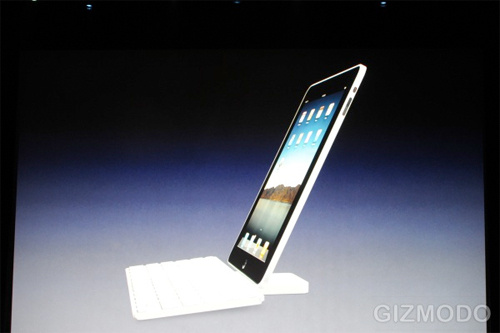
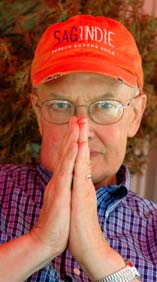

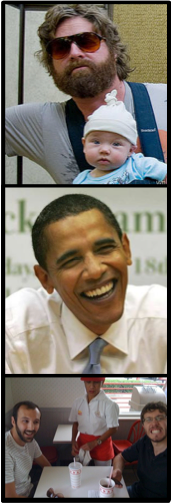
 The world is changing. It is getting smaller, faster, smarter and more accessible. What’s crazy is that some people are bitching that all this technology and change is a bad thing. “Nobody reads anymore” i heard someone say the other day. I do believe that habits are changing due to technology. Mobile phones make it easier to tune out conversations and to not memorize phone numbers. The internet rewards and feeds a short attention span. The question i ask myself is “is this a bad thing?” Chuck Klosterman in
The world is changing. It is getting smaller, faster, smarter and more accessible. What’s crazy is that some people are bitching that all this technology and change is a bad thing. “Nobody reads anymore” i heard someone say the other day. I do believe that habits are changing due to technology. Mobile phones make it easier to tune out conversations and to not memorize phone numbers. The internet rewards and feeds a short attention span. The question i ask myself is “is this a bad thing?” Chuck Klosterman in 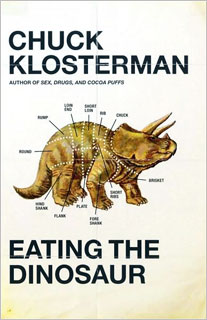
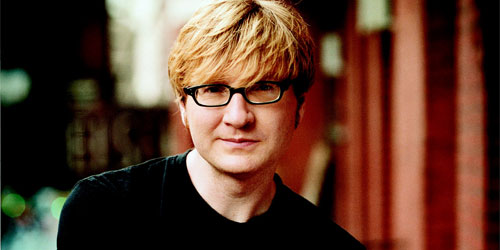

![Reblog this post [with Zemanta]](http://img.zemanta.com/reblog_c.png?x-id=cbab0782-14c6-4182-8e1b-888ac85ab58e)

![Reblog this post [with Zemanta]](http://img.zemanta.com/reblog_c.png?x-id=6973e913-44d3-4689-81a0-84479a1e9675)
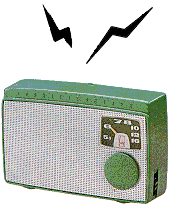 In the book there’s a good passage about the music business and radio. In the late 1930’s, radio was emerging as a popular entertainment format but also one that made a mess of the old ways of paying musicians. At the time most radio broadcasts were live, and the musicians and composers were paid for a single performance but to musicians and composers payment for a single radio performance alone did not seem fair when that one performance was being received by millions of listeners. To them, if those millions were packed into one concert hall, the musicians share of the receipts would have been huge.
In the book there’s a good passage about the music business and radio. In the late 1930’s, radio was emerging as a popular entertainment format but also one that made a mess of the old ways of paying musicians. At the time most radio broadcasts were live, and the musicians and composers were paid for a single performance but to musicians and composers payment for a single radio performance alone did not seem fair when that one performance was being received by millions of listeners. To them, if those millions were packed into one concert hall, the musicians share of the receipts would have been huge.![Reblog this post [with Zemanta]](http://img.zemanta.com/reblog_c.png?x-id=fe73f350-87ab-4064-9cc7-b3c54a9b2aff)
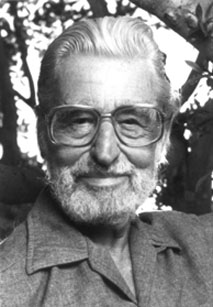 While at Dartmouth, Theodor was editor of Dartmouth’s comedy magazine called The Jacko. That is until he got caught drinking on Easter eve and got kicked out. By his fraternity (Caste and Gauntlet) he was voted least likely to succeed and he graduated with a 2.4 in 1925. Given all that he managed to go out and sell more than 222 million books (66 titles). That’s pretty amazing
While at Dartmouth, Theodor was editor of Dartmouth’s comedy magazine called The Jacko. That is until he got caught drinking on Easter eve and got kicked out. By his fraternity (Caste and Gauntlet) he was voted least likely to succeed and he graduated with a 2.4 in 1925. Given all that he managed to go out and sell more than 222 million books (66 titles). That’s pretty amazing